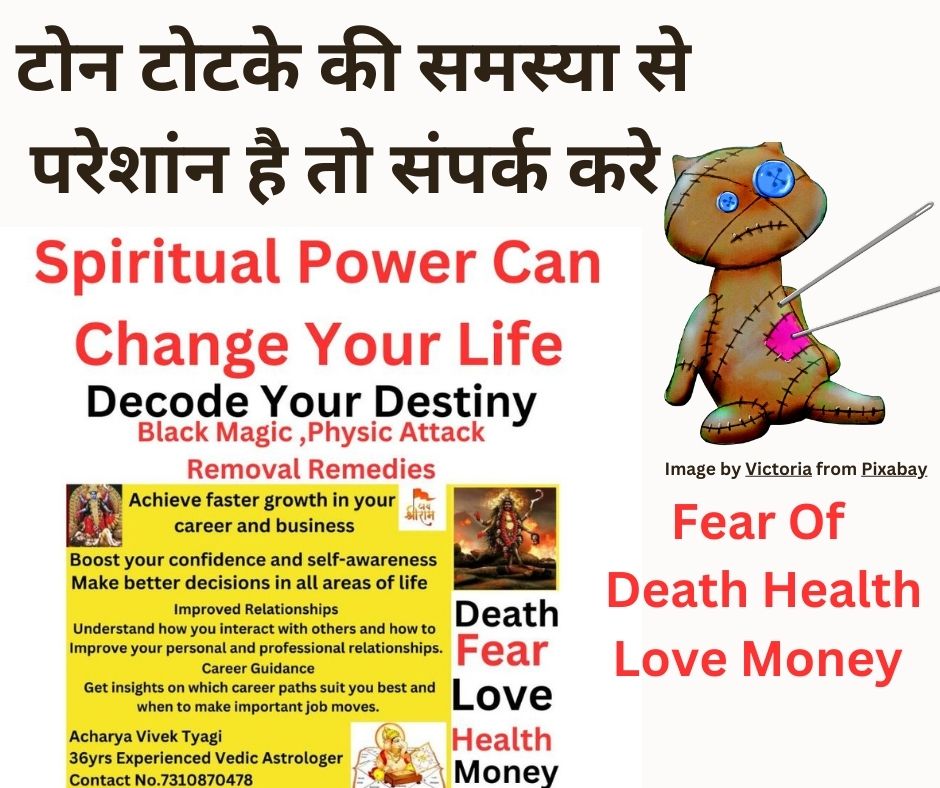“The Power of Counselling”
The Power of Counselling: Unlocking Your Inner Compass
As a mindset coach who’s walked alongside countless individuals on their journey, I’ve witnessed firsthand the profound and often underestimated power of counselling. It’s more than just talking through problems; it’s a sacred space where healing, transformation, and a deeper connection to your true self can unfold. When approached with a mindful understanding of the human psyche and a gentle nod to the spiritual currents that flow through us all, counselling becomes a potent catalyst for change.
Think of your life like a magnificent ship navigating the vast ocean. Sometimes the waters are calm and clear, and you sail effortlessly. Other times, storms gather, fog descends, and you feel lost, buffeted by waves of anxiety, grief, or confusion. Counselling, in this analogy, is like finding a skilled and compassionate navigator who helps you understand the currents, read the stars (your inner wisdom), and chart a course through the storm. They don’t take the helm for you, but they offer the tools and perspective you need to steer your own vessel with greater confidence and clarity.
The power of counselling lies in its ability to illuminate the blind spots we all have. We often get caught in repetitive thought patterns and emotional cycles that keep us stuck. A skilled counsellor, acting as a compassionate mirror, can gently reflect these patterns back to us, helping us see them for what they are – often outdated coping mechanisms or limiting beliefs. This is where the spiritual element beautifully intertwines. Recognizing these patterns isn’t about judgment; it’s about compassionate awareness, a core principle in many spiritual traditions. It’s about acknowledging the human experience with all its imperfections and embracing the opportunity for growth.
Let’s consider the multifaceted benefits. Beyond simply managing difficult emotions, counselling helps us understand their root causes. Take anxiety, for example. Many people live with a constant hum of worry, feeling overwhelmed by the future. In counselling, we explore where this anxiety originates. Is it fear of failure? A need for control? Past trauma? By bringing awareness to the source, we can begin to untangle the knots. From a spiritual perspective, anxiety often stems from a disconnection from the present moment and a lack of trust in the flow of life. Counselling helps us cultivate mindfulness, grounding us in the now and fostering a deeper sense of trust in the journey, even when it feels uncertain.
Grief is another area where counselling offers invaluable support. The loss of a loved one, a relationship, or even a dream can leave us feeling shattered and adrift. Society often expects us to “get over it” quickly, but grief is a complex process that needs to be honored. Counselling provides a safe container for this raw emotion. It allows us to express our pain without judgment, to explore the myriad feelings that arise – anger, guilt, sadness, even relief. From a spiritual perspective, grief can be seen as a profound act of love, a testament to the depth of our connection. Counselling helps us navigate this sacred space, finding ways to integrate the loss while still honoring the love and finding meaning in the experience. Consider the example of Sarah, who lost her husband suddenly. She was consumed by guilt and felt like she was failing her children. In counselling, she was able to process her guilt, understanding it was a natural part of grief, and connect with the love she still held for her husband, finding strength in their shared memories to support her family.
Relationship issues are another common challenge that counselling powerfully addresses. Whether it’s with a partner, family member, or colleague, conflict and misunderstanding can be incredibly painful. Counselling provides a neutral space to explore communication patterns, understand different perspectives, and develop healthier ways of interacting. It’s about learning to listen deeply, express needs clearly, and set healthy boundaries – all skills that contribute to more harmonious connections. Spiritually, healthy relationships are built on love, compassion, and forgiveness. Counselling can help individuals cultivate these qualities, fostering empathy and understanding even in the face of conflict.
Perhaps one of the most transformative aspects of counselling is its ability to help us uncover our authentic selves and connect with our purpose. Many people feel lost, unsure of who they are or what they truly want. Life’s pressures, societal expectations, and past experiences can obscure our inner light. Counselling provides a space for self-exploration, helping us identify our values, strengths, and passions. It’s about peeling back the layers of conditioning to reveal the unique individual beneath. From a spiritual perspective, each of us is here with a unique purpose, a gift to offer the world. Counselling helps us align with this purpose, empowering us to live a life that is both meaningful and fulfilling. Think of Mark, who felt trapped in a career he disliked. Through counselling, he explored his true interests and values, realizing his passion lay in helping others. This led him to pursue a new path, one that felt more aligned with his soul’s calling.
The counsellor’s role in this process is crucial, but it’s not about giving advice or fixing problems. Instead, they act as a guide, a facilitator, and a compassionate witness. They hold the space for you to explore your inner landscape, offering insights and tools to help you navigate the terrain. They are a mirror, reflecting your strengths and helping you see possibilities you may have missed. This collaborative partnership empowers you to find your own answers and build your own resilience.
Integrating spiritual concepts into counselling enhances its effectiveness by offering a deeper framework for understanding the human experience. Concepts like acceptance – accepting what is, even when it’s difficult – are fundamental to healing. Forgiveness, both of ourselves and others, is a powerful act of liberation. Finding meaning in life’s challenges, seeing them as opportunities for growth and learning, can transform suffering into wisdom. These principles, woven into the therapeutic process, provide a spiritual anchor, connecting us to a sense of hope and purpose beyond our immediate circumstances.
In conclusion, the power of counselling is not a magic wand, but a profound journey of self-discovery and healing. It’s a process that requires courage, vulnerability, and a willingness to explore the depths of your being. When approached with an open heart and mind, and with the support of a skilled and spiritually-attuned guide, counselling can help you navigate life’s storms, connect with your inner wisdom, and ultimately live a life that is more authentic, resilient, and spiritually aligned. It’s about unlocking the immense power that already resides within you, waiting to be fully realized.





